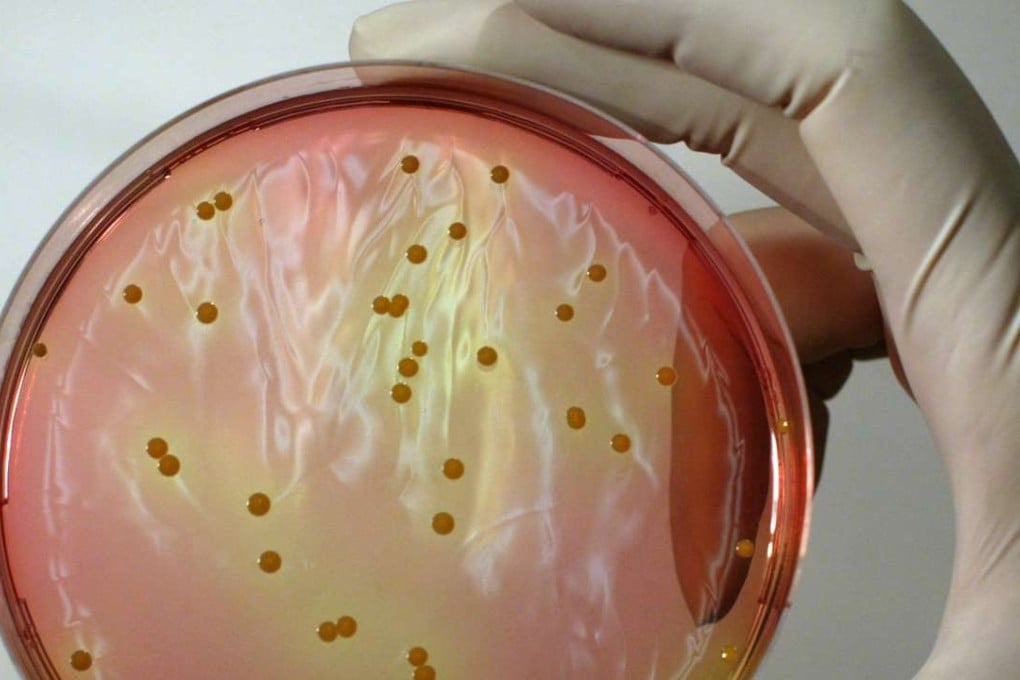6 things you should know about the Staphylococcus bacteria, a potential killer
Staphylococcus is a bacteria that most commonly causes skin infections, but can be fatal for people with low immunity, such as newborns. So how can parents protect babies and rest of their family?

Nearly a third of healthy adults have Staphylococcus bacteria (known as Staph for short) in their noses (usually temporarily) and about one in five have it on their skin. Typically, it causes no problems or only fairly minor skin infections. So why is Staph – which recently made one newborn in Hong Kong very ill and infected several other babies at the same hospital too – potentially lethal?
Here are six things you should know about the bacteria.
1. Newborns are especially vulnerable to Staph
While Staph usually causes only minor infections in adults, the bacteria can cause serious infection in newborns, who are especially vulnerable to serious Staph infections in the first week after birth, according to Dr Ho Pak-leung, associate professor in the department of microbiology and president of the Carol Yu Centre for Infection of the Li Ka Shing Faculty of Medicine at the University of Hong Kong.